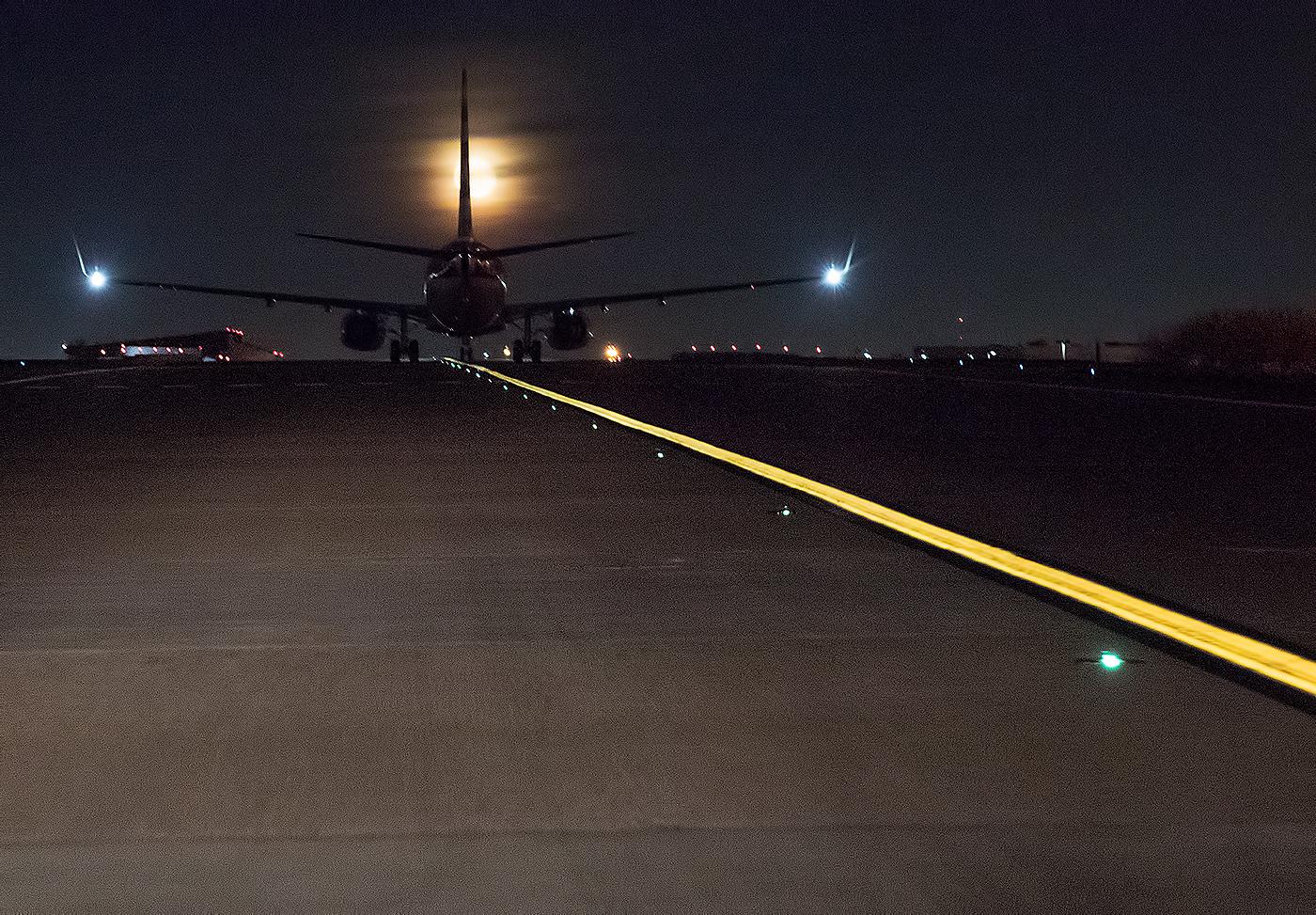
In an article I wrote earlier this week about the impact of COVID-19 on the air transport industry, I warned that one major difference compared with the post 9/11 situation is that airlines will be in a fight with all other businesses for who is most “worthy” of government financial assistance.
That infighting has begun. An editorial in the Washington Post Mar. 20 by columnist Catherine Rampell starts by saying, “A lot of American companies deserve and require a taxpayer bailout right now in order to survive, and to prevent a prolonged recession or even depression. The airlines are not among them.”
Rampell then makes her case about why airlines should be exempt from emergency funding, which hinges on her view that the failure of an airline is unlikely to spill over to the rest of the economy and that airlines have a more effective way to resolve their financial crisis, which is bankruptcy.
Shortly after, a US organization called the Center for Biological Diversity, issued a press release urging Congress to latch environmental conditions on any bailout for US carriers. It includes a quote from actress Jane Fonda, who says, “Any bailout needs to acknowledge that we are in a climate emergency and drive the airline industry towards a zero-emission future.”
Such arguments are fundamentally flawed and dangerous, but they will gain traction as the infighting for funds gets desperate and ugly.
First, some three-quarters of the world’s airlines are in imminent peril. This is a notoriously difficult industry in which to make money. It is highly regulated (rightly so, for safety), extremely costly and highly competitive. Which leads to a term all too familiar in the airline world—low yields. Even before the COVID-19 outbreak, many flights operated at a loss. Those airlines that were profitable had razor-thin margins—far thinner than those in the aviation supply chain and other industries like e-commerce, cruise ships, tech and entertainment.
Second, Rampell’s assertion that an airline failure will not harm the economy is utterly untrue. Airlines create millions of jobs, directly in who they employ and indirectly in the trade and tourism they create.
Third, aviation has been a leader in carbon offsetting and reduction; far ahead of other, dirtier industries. Aviation has invested billions in low-emissions technology and eco initiatives, all of which are documented and measurable. For deeper action, such as making the sustainable aviation fuels it has created and which many airlines use, more widely available and affordable, government R&D and funding is essential. Merely attaching an arbitrary eco rule to financial aid for an airline that is grounded and gasping for cash serves no purpose for the airline or the environment.
Nor is letting airlines fall into bankruptcy the answer. Chapter 11 bankruptcy protection, as it is known in the US, provides some protection from debtors. But it imposes huge restrictions on how an airline is managed at a time when airline executives need as much flexibility as possible to adapt to an unprecedented and rapidly changing environment. Chapter 11 also assumes continued income while debts and operations are restructured. This is not the case with the virus situation. Flight cancellations now far outweigh new bookings. In just two weeks, most airlines’ revenue has crashed to zero. These airlines won’t survive Chapter 11—they will skid fast into Chapter 7 insolvency and disappear.
What must be urgently realized by governments, lawmakers and the public is that airlines and airports do something extraordinarily well that will be a critical asset when this pandemic is finally through its worse: they drive and grow economies. Look at any city with a thriving hub airport and its wealth will be directly linked to the connectivity its airlines provide. People who fly bring with them trade, goods, new business and tourism dollars.
This is the single biggest factor why financial assistance should be provided and prioritized to give airlines a fighting chance of staying in business through the pandemic.
Airlines are going to be a crucial resource once the pandemic is over to being able to quickly restore connectivity and economies.

Comments